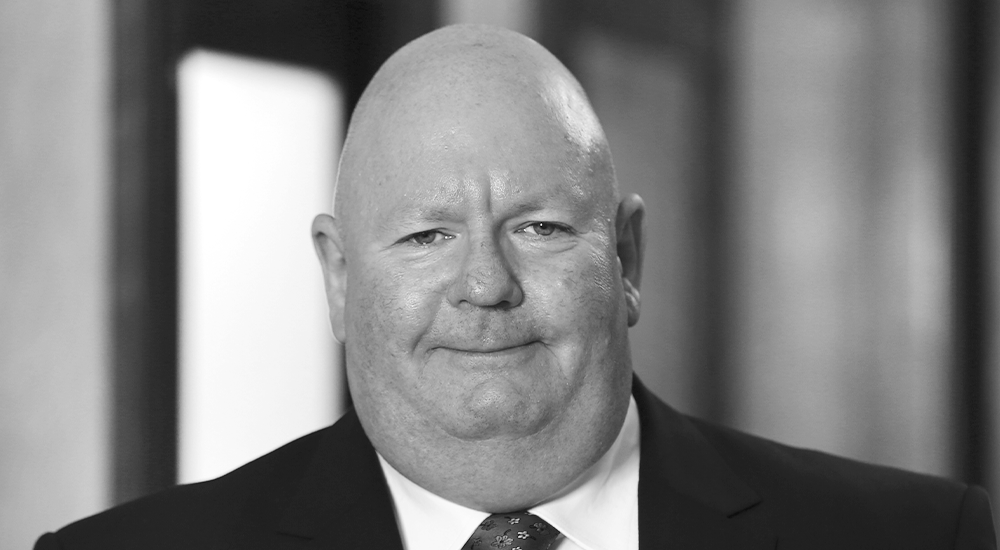When asked about the key factors for future growth of the ETF industry, Caroline Baron, head of ETF business development, EMEA, at Franklin Templeton, said that besides other factors, client education would be one of the key drivers for future growth.
Her fellow panellists, Kate Dwyer, head of passives UK at Invesco, and Sam Manchanda, head of passive client coverage division, north EMEA, at DWS, agreed with this view.
Dwyer amended that client education is nowadays more important since we are moving away from plain vanilla products to more complex products.
I strongly agree with this view, especially where it concerns the more complex products, but unfortunately, none of the panellists explained what these education efforts should look like and/or what they plan in detail around investor education.
This lack of clarity on how the panellists think how investor education should look and how they want to achieve/contribute to these goals gave me the feeling that the claim for more and better investor education is rather a wish than a goal.
This is a pity since I am pretty sure that the education of all kinds of investors will be one of the key drivers for the future growth of the overall ETF industry in Europe.
The panellists also agreed that they need to return to in-person client meetings to foster future growth.
Even as some of the comments sounded like some of the panellists think that in-person meetings – like in the pre-COVID-19 world – are their key focus for future growth, one needs to say that all panellists agreed that hybrid sales models with a mix of remote and in-person customer meetings are the distribution approach for the future.
Are in-person meetings really the future for the distribution for ETFs in Europe? What I have heard from fund selectors and gatekeepers so far is quite the opposite, since they plan to limit in-person meetings in the post-COVID-19 environment because they learned that online meetings work in many cases – especially for product pitches – as well as in-person meetings.
That said, I do agree that in-person meetings are necessary for introduction purposes but other than that there are only a few occasions in which in-person meetings do offer an advantage compared to online meetings.
From my point of view, the promoters of ETFs need to review their distribution and service models since the ways investors buy funds and ETFs have changed during the pandemic.
ETF promoters need to adopt this new reality to their business models and distribution strategies in order to be successful in the future. This may also mean that they need to reallocate their resources and may use some of their travel budget to fund their own investor education programmes.
As for the future of ETF distribution, it was unfortunate that the panellists did not speak about new distribution opportunities such as the tokenisation of ETFs – this might be a way to increase the usage of ETFs by institutional investors. This was shown by the example of the collateral trade JP Morgan settled by using its Onyx Digital Assets blockchain earlier this month.
Detlef Glow is head of Lipper EMEA research at Refinitiv, an LSEG business
This article first appeared in ETF Insider, ETF Stream's monthly ETF magazine for professional investors in Europe. To access the full issue, click here
Related articles






